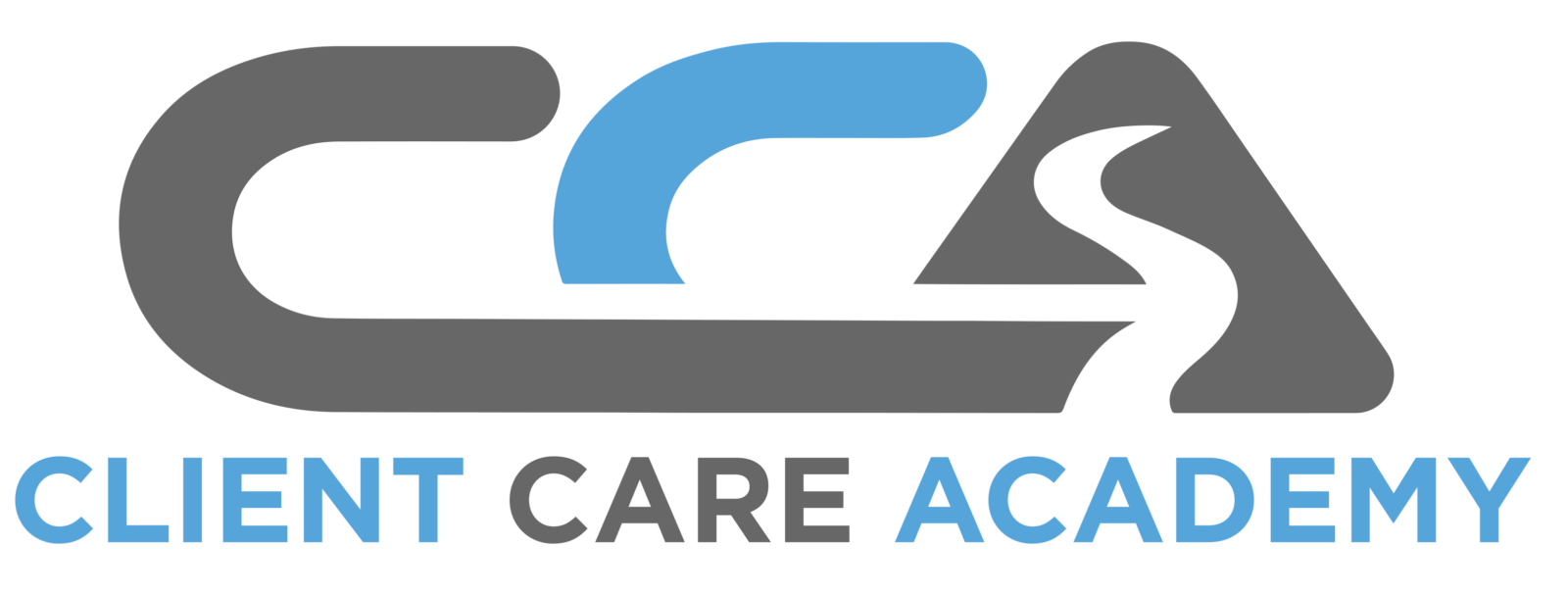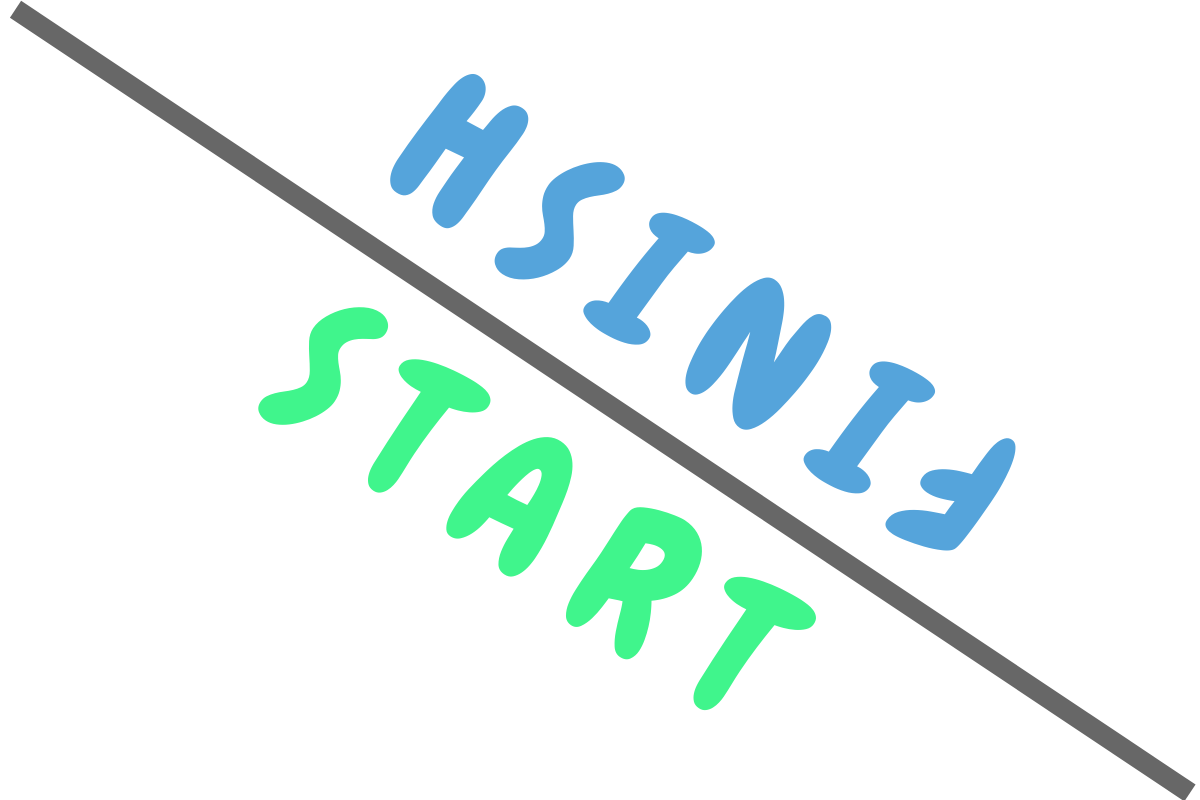Throughout our years of practice, it has become increasingly clear that the driving desire from our clients, is to take care of their families. As an estate planning attorney, you have the unique task of helping them do just that, using your knowledge and experience. Although it may seem obvious, not all clients realize that taking care of their families when they are gone means a lot of preparation for the unknown. It is our job to help prepare for something that will happen at an unknown date and time, with unknown laws and life circumstances. Not an easy task.
The traditional estate planning model, where the focus is on the documents alone, leaves clients and their families unprepared at the time of passing. Documents are prepared for a specific time based on a set of circumstances existing at the time of the original planning. In addition, there is little focus upon the assets that are owned at the time of the planning and very little is said about the fact that ASSETS are the most important item that needs to be known at the time clients die.
The challenge the traditional model presents is in getting clients to shift their focus to when their family will be taken care of. It is the elusive “when” that makes updating plans and assets (ownership, beneficiary designations and values) imperative. We can’t predict death or disability, and we can’t predict life and asset changes, and to truly take care of client families at death or disability, estate planning needs to be an ongoing process that occurs throughout the client’s life.
Right now, a client can still take care of their family. To help them understand, now, the necessity of updating their estate plan and assets to prepare for the unknown is asking them to look through the paradigm of when their estate plan will come into effect. This is most helpful to the client’s own realization that the best way to prepare for the unknown, is to keep their plan and assets up to date throughout their life. With unpredictable circumstance as the focal point, you then open the door to talk about having an ongoing relationship where the firm and client to work together to keep the plan current and address any changes. You and the client can both rest easy that their estate plan will be successful using this method.
Once the client understands that your role is to take care of their family in their absence at some unknown point in time, the conversation then truly shifts to taking care of their families when it really matters. Starting at the end and talking clients backwards through what happens in the distant future at their death if they haven’t been updating their plan consistent with changes in laws and family situations, different values or circumstances for heirs, and changes in assets, among other variables, helps them to question why they would ever do an estate plan and not keep it up to date.
Starting with the end goal and working backwards is one of the keys to communicating the value that you, as an attorney, provide through your ongoing client care program.
At Client Care Academy, we not only help you to create an ongoing client care program, but we also help you begin implementation when you return to your firm. Teaching you how to communicate the value and necessity of your ongoing program is vital to its success. We know that taking care of families is your priority, and we want to ensure you find success in doing so. Instead of focusing on bringing in new cases, if you focus on taking care of families you will be able to bring fulfillment back into your work and generate consistent recurring revenue. Instead of focusing on documents, but focusing on what needs to be in place at death, you can change a client’s perspective on estate planning.
Join us this Fall at our Foundations Workshop so we can help you shift yours and your clients’ focus to taking care of families when it matters most.
Email our Program Coordinator, Megan Davitt, to sign up today!




